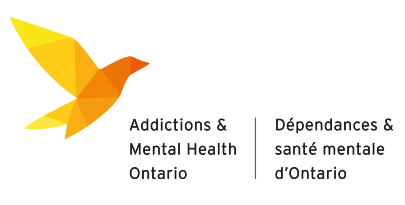
AMHO’s latest report, Vocational and Educational Services – an inventory of mental health and addiction services, gives almost 40 examples of vocational and educational (V&E) services across the province in an effort to better understand these services for people with mental health and addiction issues, including evidence-based approaches, effectiveness and key challenges. V&E services follow a model of formalized training specifically for people with mental health and addiction challenges and aims to connect people with meaningful, competitive employment.
Employment and education are important factors that influence recovery for people with mental health and addiction issues. Research has shown when people obtain education and employment, they have an improved quality of life with a reduction in mental health and addiction symptoms and hospitalizations.
Unfortunately, individuals with mental illness and addiction are often marginalized and discriminated against within the workforce. While the current unemployment rate in Ontario is 5.5%, the unemployment rate for people with disabilities (including psychiatric illnesses) is closer to 16%. They are often relegated to minimum-wage jobs, precarious employment and jobs with minimal or no benefits. V&E services aim to combat this by offering a model of support and various career training services.
[/et_pb_text][/et_pb_column_inner][/et_pb_row_inner][/et_pb_column][/et_pb_column][/et_pb_section]